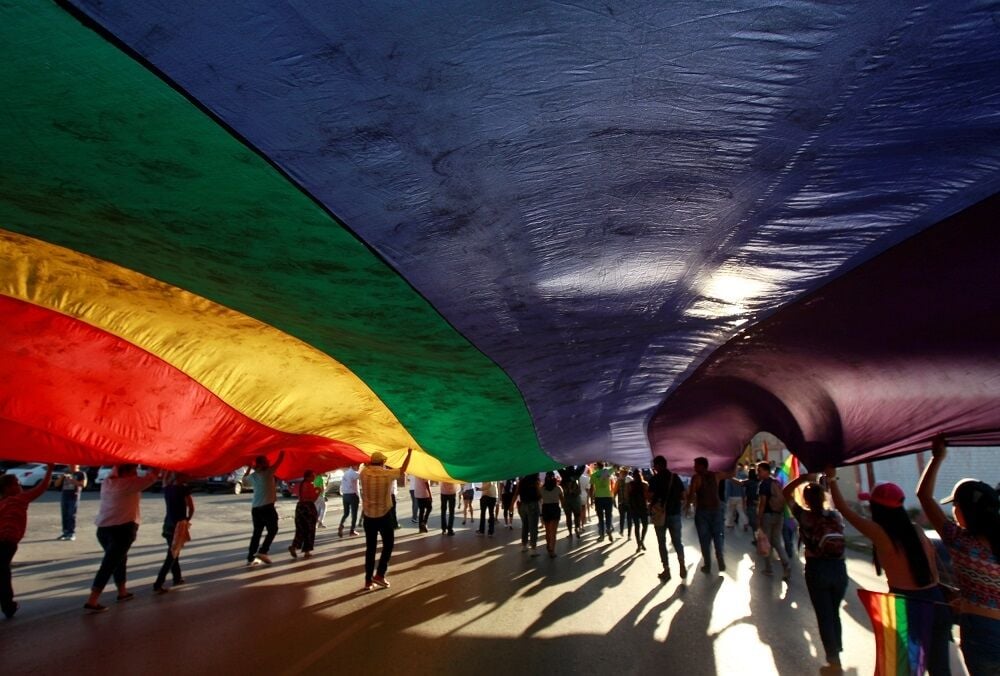Malaysia urged to ratify ICERD and end LGBT persecution in post-pandemic recovery

The Asian Forum for Human Rights and Development (Forum-Asia) has called on the Malaysian government to ratify the International Convention on the Elimination of All Forms of Racial Discrimination (ICERD). In collaboration with Malaysian civil society organisations (CSOs), Forum-Asia also recommended that the government put an end to the persecution of the lesbian, gay, bisexual, and transgender (LGBT) community. These recommendations were presented in a report titled ‘State of Disruption: Assessing the Impact of Malaysia’s Covid-19 Laws on Civic Space’.
The report emphasised that post-pandemic recovery policies should be inclusive of vulnerable communities. It stated that participation from these communities should be expanded in terms of policy formulation, implementation, monitoring, and evaluation. The report criticised current policies as being elitist and formulated by society’s elites.
Furthermore, the report called for the repeal of regressive laws, such as the Communications and Multimedia Act 1998 (CMA), Security Offences (Special Measures) Act (Sosma) 2012, and Sedition Act 1948. It also suggested that Malaysia ratify the 1951 Refugee Convention and 1967 Protocol Relating to the Status of Refugees to comply with international refugee protection standards. The report urged the government to avoid inciting fear and hatred towards migrants and refugees, and instead work towards creating a progressive society that does not exclude essential groups.
The role of CSOs and human rights defenders should be acknowledged, and a protection mechanism for Human Rights Defenders should be put in place, according to the report. It also called for the protection of workers’ rights through simplifying the unionisation process and addressing systemic issues highlighted by the pandemic, such as poverty and health inequity.
The report recommended that organisations and the public be given a platform to express concerns and provide feedback to their elected representatives. It also called for improved transparency and accountability in governance through a platform that MPs, CSOs, and communities can use to communicate and address the concerns of contract doctors in the public healthcare system.
As for the Human Rights Commission of Malaysia (Suhakam), the report recommended that it ensures stronger protection for human rights activists and CSOs and submits the commission’s findings to Parliament for debate. The commission was also urged to improve the performance and impact of its work to more effectively fulfil its mandate of protecting and promoting human rights.
CSOs were encouraged to ensure the representation of marginalised communities in advocacy and to closely monitor human rights abuses. The report also highlighted the importance of emphasising the universality and interconnectedness of all human rights, while continuing discussions on how race, royalty, and religion affect perspectives and policies.
For the media, the report recommended upholding media independence and avoiding complicity in human rights abuses, while recognising its role as the fourth estate in democracy.
Latest Thailand News
Follow The Thaiger on Google News:


























